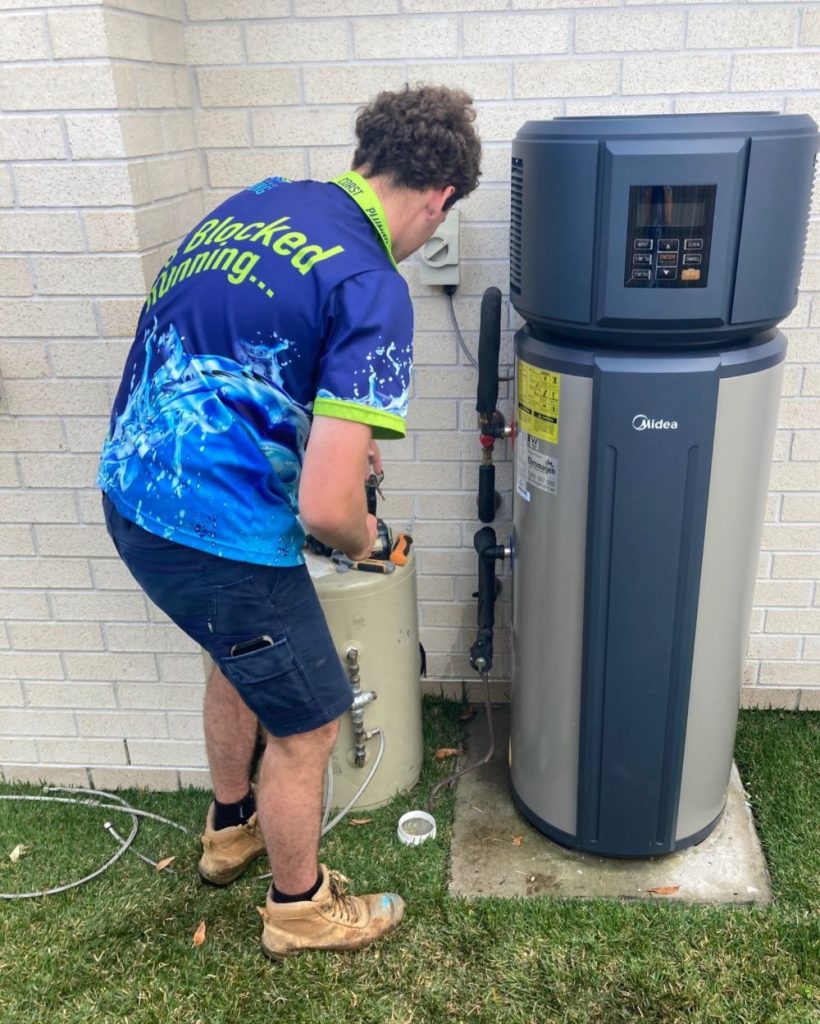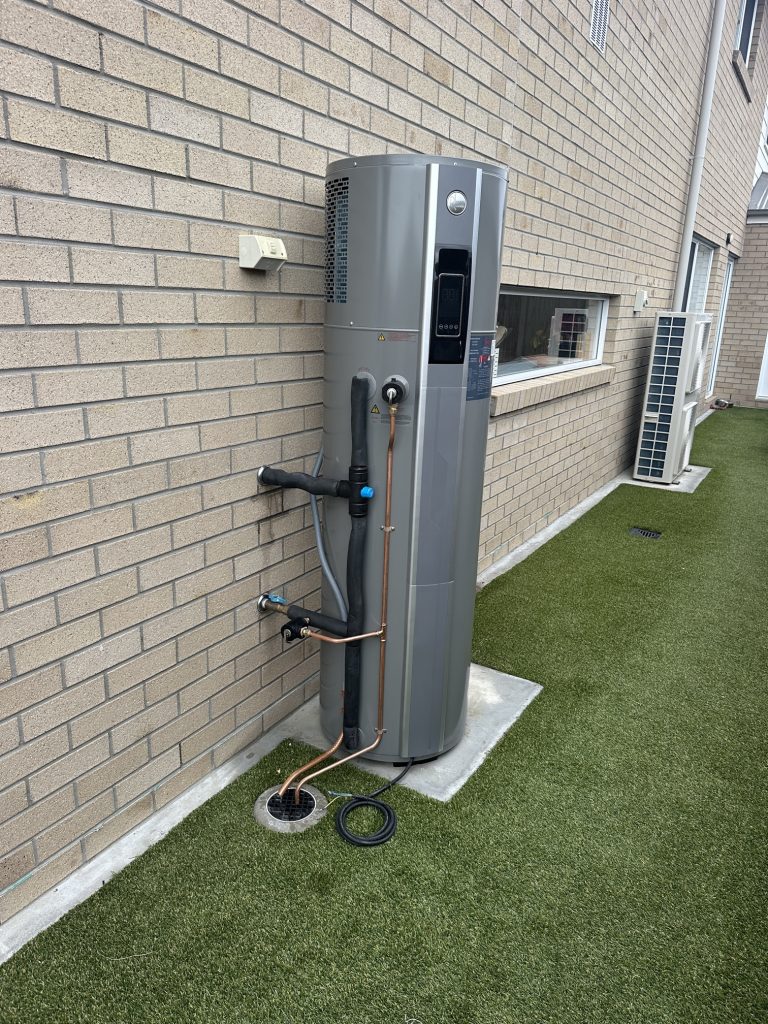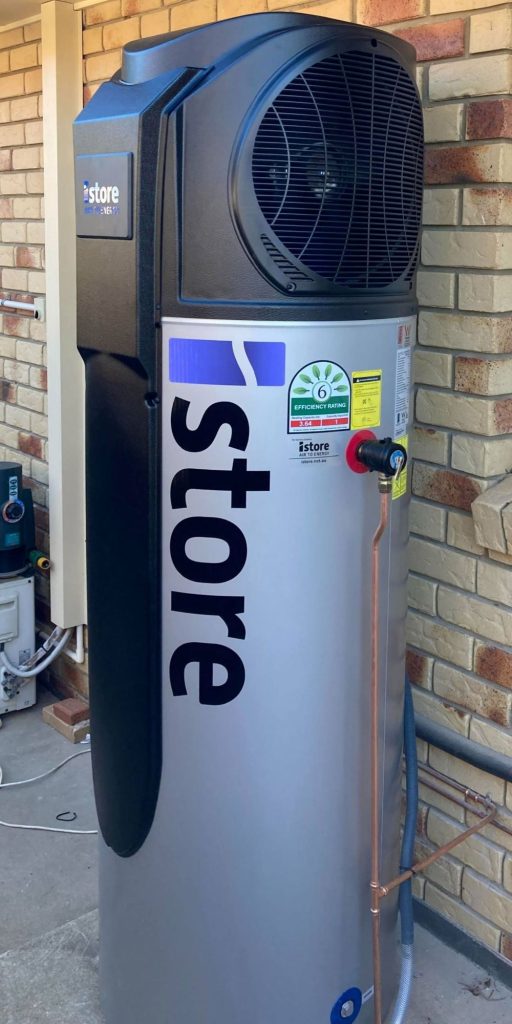Navigating the Complexities of Choosing the Ideal Hot Water Systems in Queensland’s Diverse Climate
Selecting the perfect hot water system for your residence in Queensland requires a thoughtful analysis that transcends the simple choice of brand or the consideration of water storage capacity. It entails a meticulous assessment of various factors, including the local climate, humidity levels, fluctuating electricity tariffs, and the specific hot water needs of your household. With rising energy expenses becoming a pressing concern, many households are increasingly opting for heat pumps due to their remarkable energy efficiency and commitment to environmental sustainability. However, it is crucial to acknowledge that these systems may not be suitable for every property type. Therefore, conducting a comprehensive evaluation of all relevant elements is essential to ensure the optimal performance and longevity of your selected hot water system.
This article explores the operational efficiency of heat pumps in Queensland’s diverse weather patterns, identifies the types of residences that gain the most benefit from these advanced systems, and dispels common misconceptions that could result in underperformance or improper system selection.

Maximizing the Effectiveness of Heat Pumps in Coastal Queensland Environments
Heat pump water heaters operate by extracting thermal energy from the surrounding air, and their effectiveness significantly increases as air temperatures rise. In coastal areas of Queensland, particularly in popular locales such as the Sunshine Coast, Brisbane, and the Fraser Coast, the average air temperatures typically remain consistently above 5°C even during the winter months. This reliable warmth allows heat pumps to function efficiently throughout the year without requiring electric boosting or supplementary heating solutions that are often necessary in colder climates. By utilizing this natural energy source, homeowners can enjoy significantly lower energy bills while actively contributing to a reduction in their carbon footprint.
Key Environmental Factors That Enhance Heat Pump Efficiency in Coastal Queensland
| Factor | Impact on Heat Pump Functionality | Coastal QLD Efficiency |
|---|---|---|
| Average ambient temperature | Higher = more efficient operation | ✓ Consistently maintained above 5°C |
| Humidity levels | Moderate improvements | ✓ Generally high and stable |
| Access to off-peak electricity | Lower operational costs | ✓ Widely available in most regions |
| Roof shading | Not a significant factor | ✓ No detrimental impact on system |
| Direct sunlight exposure | Not a necessity | ✓ Functions well in shaded conditions |
Recognizing Scenarios Where Heat Pumps Might Not Perform Optimally
Despite the numerous advantages that heat pumps offer, there are specific situations in Queensland where their performance may fall short of expectations:
- Inland or elevated regions
In areas like Toowoomba or the Hinterland, the overnight temperatures can drop significantly during the winter months. In these conditions, certain models of heat pumps may struggle to maintain optimal efficiency without the assistance of a booster element, which can lead to increased energy consumption and operational costs. - Restricted or poorly ventilated outdoor spaces
Heat pumps depend on adequate airflow around their compressor units to operate efficiently. In confined or poorly ventilated areas, the heat extraction efficiency can decline, and operational noise may rise, potentially causing disturbances for nearby residents. - Large households with substantial water demand
For homes with more than six occupants, systems designed for larger water storage or faster recovery times, such as solar-boosted gas systems, may offer a more efficient solution for meeting high hot water needs.
Clearing Up Common Misconceptions About Heat Pumps in Queensland
“They become ineffective during winter.”
This belief may be accurate in colder southern climates; however, it is incorrect for Queensland. In regions where average temperatures consistently exceed 5°C, heat pumps maintain their efficiency throughout winter, providing reliable hot water solutions even during cooler months.
“Solar panels are necessary for heat pumps to operate.”
This assertion is misleading. Heat pumps can function independently of solar photovoltaic (PV) systems, although pairing them with solar energy can significantly boost your energy savings and enhance sustainability.
“Heat pumps are excessively noisy and disruptive.”
Modern heat pump systems are designed to operate much quieter than older models. When properly installed in well-ventilated areas, the noise produced by the compressor unit is typically minimal, allowing for a comfortable living environment.
Proven Strategies for Optimizing Heat Pump Installation and Performance in Queensland
- Select a system specifically tailored for Australian conditions
Choose models that exhibit high-efficiency ratings and reliable local support, such as istore or Stiebel Eltron, renowned for their performance in the unique Australian climate. - Install in a well-ventilated yet shaded location
Although heat pumps do not need direct sunlight, they require adequate airflow around the unit for efficient and effective operation. - Utilize timers or smart controls
By programming your system to operate during periods of solar energy production or off-peak electricity hours, you can significantly enhance energy savings and reduce costs. - Ensure your system is appropriately sized
A capacity of 250–300 litres is generally sufficient for most families. An undersized system may lead to performance deficiencies and an over-reliance on boosting mechanisms, resulting in increased energy consumption.
The Critical Importance of Local Expertise in Successful Heat Pump Installation
The installation of a heat pump necessitates a customized approach to achieve the best results. Partnering with a local plumber who possesses extensive knowledge of:
- Performance tailored to local climate conditions to ensure peak efficiency
- Access to rebates such as Small-scale Technology Certificates (STCs) and various Queensland government incentives aimed at promoting energy efficiency
- Optimal placement and ventilation strategies for the unit to maximize performance
- Integration with solar PV systems or battery storage solutions, where applicable, to enhance overall energy efficiency
At Creek to Coast Plumbing, we specialize in the delivery and installation of high-performance hot water systems, including heat pumps, throughout the Sunshine Coast and Moreton Bay regions. Our dedicated team is committed to helping you identify the best hot water service that meets your specific needs. As the demand for energy-efficient hot water solutions continues to rise, many individuals are evaluating solar options against heat pumps. We will assess the unique conditions of your property, recommend the most suitable system, and ensure you are set up for maximum efficiency.
Learn more about our Heat Pump Hot Water Installations or reach out to us for a personalized recommendation tailored to your unique requirements.
The Article: Heat Pumps in Queensland: Effective Solutions and Pitfalls first appeared on https://writebuff.com
The Article Heat Pumps in Queensland: Benefits and Challenges Explained Was Found On https://limitsofstrategy.com






